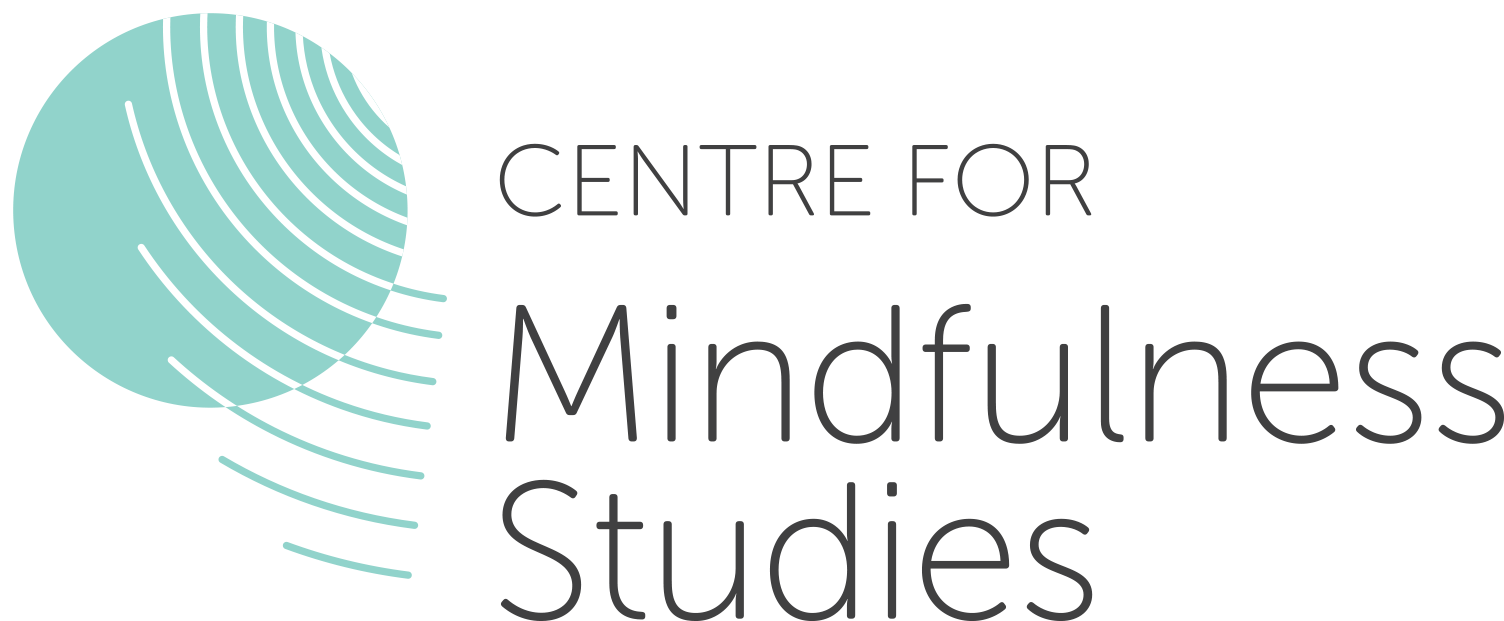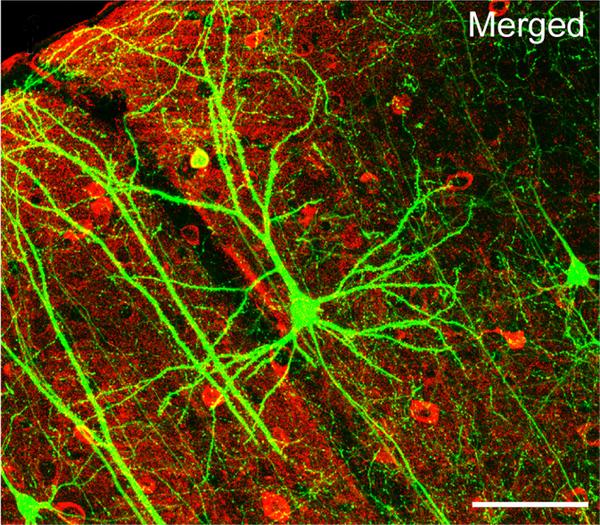Contemplative science–the scientific study of mindfulness meditation and related disciplines–has grown dramatically over the past decade. Researchers have investigated mindfulness with a variety of techniques, ranging from qualitative interviews to brain imaging. A cultural conversation around the benefits of meditation has emerged, accompanied by pictures of monks in EEG caps, brain images afire with compassion and awareness, and an explosion of self-help books, videos, and smartphone apps. We live in interesting times, in which the Western romance with Eastern mysticism is being replaced by a concerted effort to understand what gives the archetypically wizened Kung-Fu master his satisfied countenance. In a world that is increasingly filled with pressure, discontent and escapism, meditation holds the promise of contentment- and we want to figure out what makes it tick.
It is fair to consider whether science has any real shot at helping Westerners to reap the benefit of Eastern contemplative practices. Meditation is a deeply personal enterprise, prioritizing phenomenal experience with all its vagaries and inconsistencies over the detail-eclipsing clarification of conceptual thought. Science is a system dedicated at aggregating across individual inconsistency in search of conceptual truth. How can the two get along? At best, the critique goes, science will simply confirm what meditation practitioners already know: that the practices work to reduce human suffering. At worst, scientific ‘truths’ may corrupt rich contemplative traditions with contradictory Western notions and ideals. The fear that we may be witnessing the dawn of “McMeditation” looms larger with every commercial application of meditation training. Is any attempt at objectively understanding meditation ironically doomed to distance us from insights only realizable through direct contemplative experience?
As both a researcher and practitioner of mindfulness, I am more optimistic about the future of contemplative science. Personal experience is a primary source of insight from meditative practice, but we must not assume that a commitment to personal experience guarantees effective practice. If contemporary psychological research has taught us anything, it is that our introspective efforts rarely capture the whole of a cognitive process. Behavior is routinely biased social and environmental factors, genetic predispositions, and deeply-entrenched attitudes. As Westerners attempting meditation, what faith can we have that we are doing it properly? Beyond the abstract idea of suffering less, what milestones can we expect to observe on the path? It is a convenient simplification to think that there is consensus even within Eastern traditions as to the proper way to meditate. Science offers the promise of adjudicating between competing traditions in defining the most important factors supporting effective practice. In my next post, I intend to review some of the notable successes and challenges contemplative science has encountered in identifying these factors, with the goal of presenting a reasonably succinct summary of the state of this evolving field.
Photo credit: Wei-Chung Allen Lee, Hayden Huang, Guoping Feng, Joshua R. Sanes, Emery N. Brown, Peter T. So, Elly Nedivi / Foter.com / CC BY


